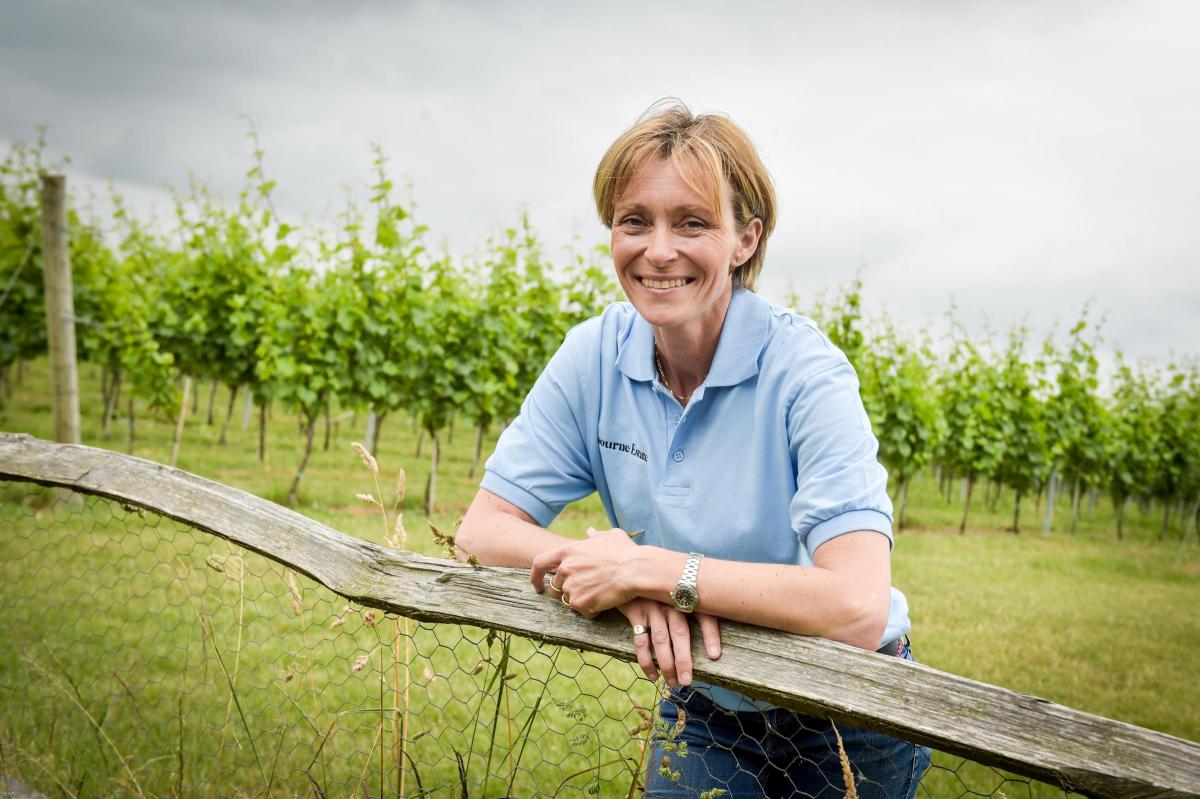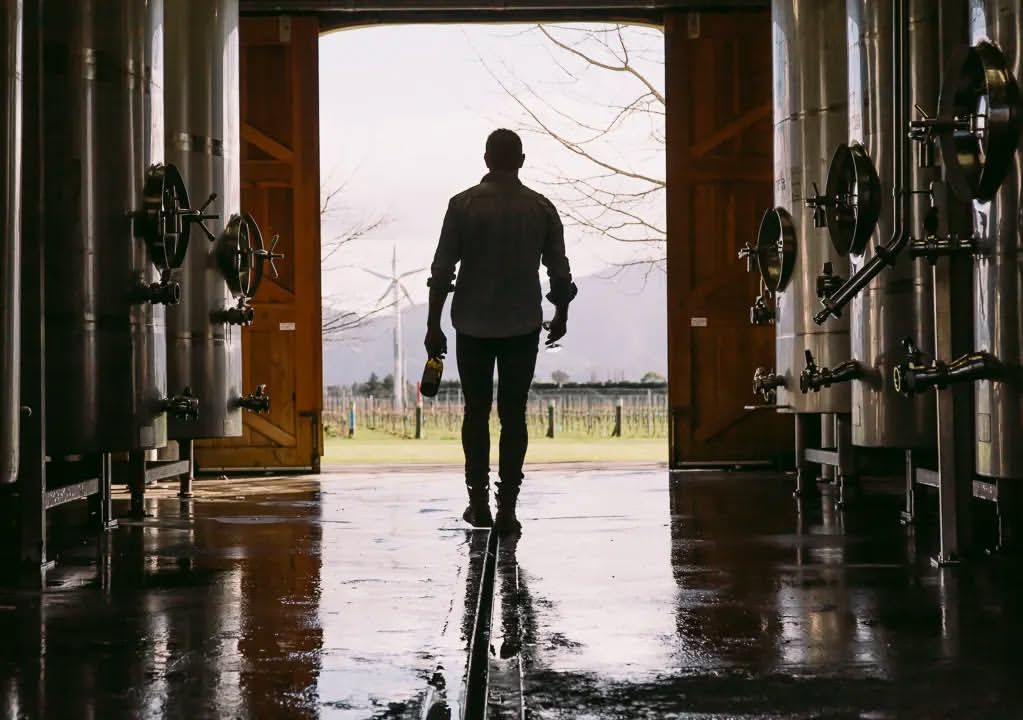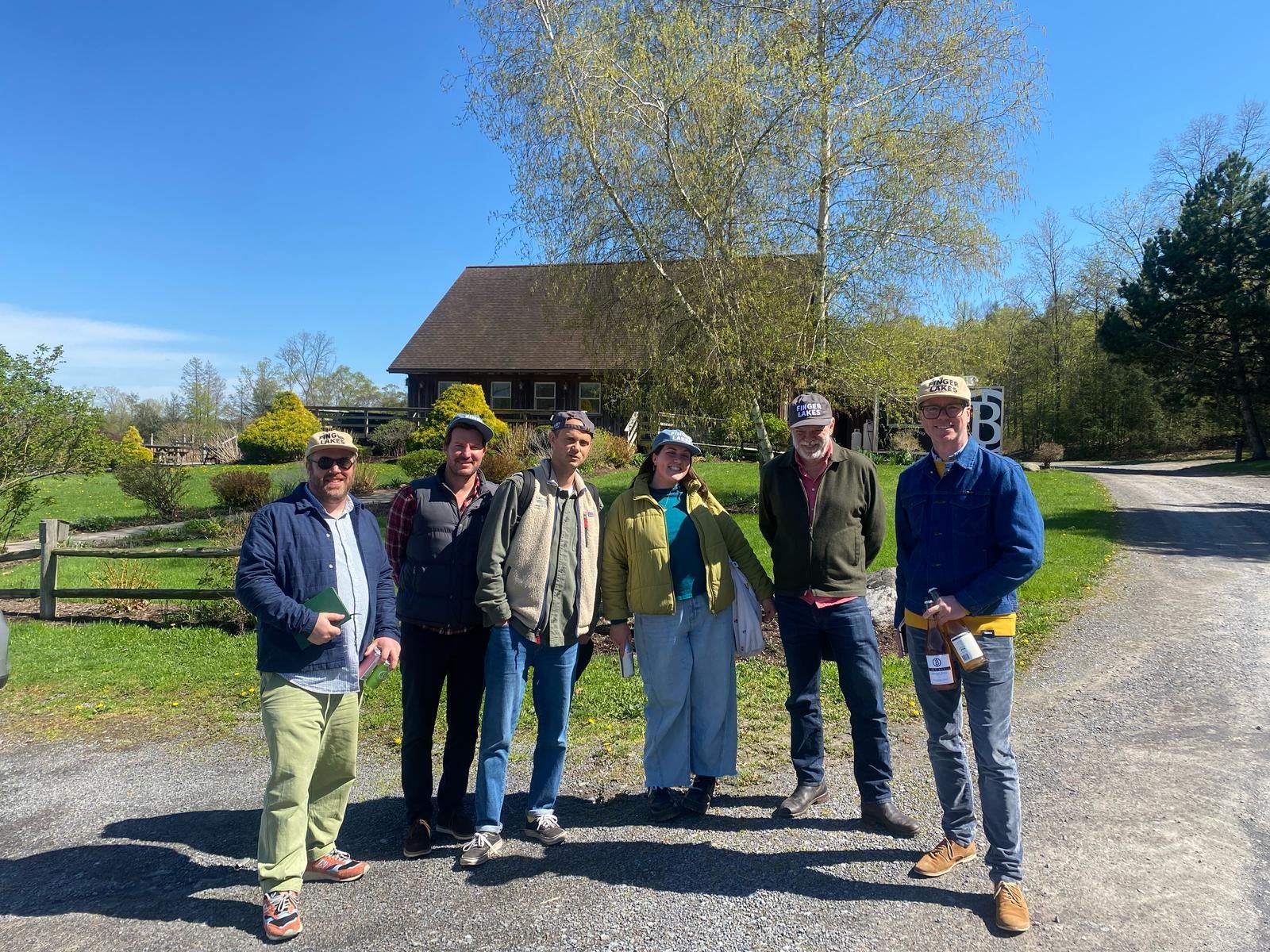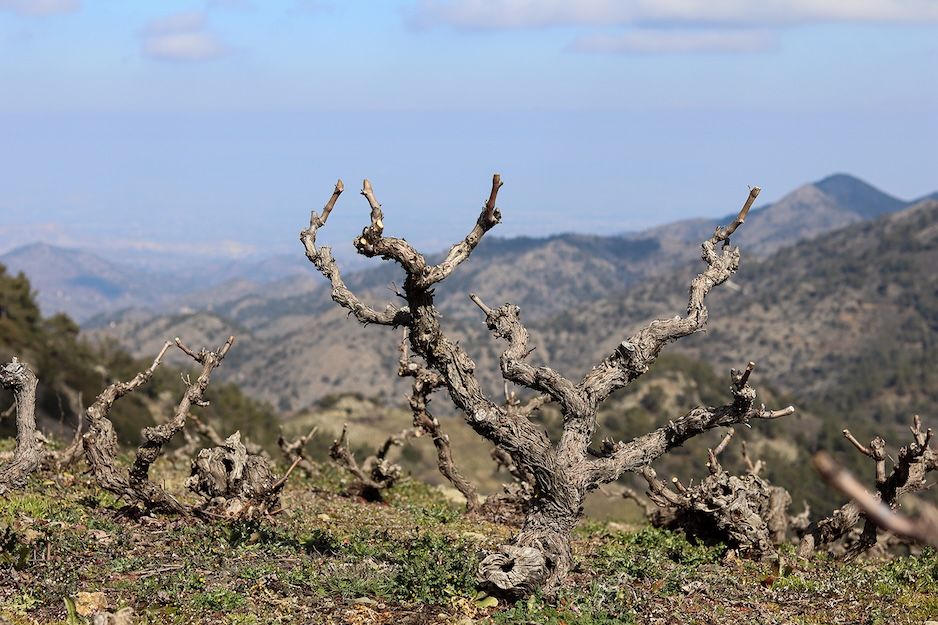The amount of experimentation taking place within English wine is a further of how far the industry has come in recent years, even, as we see with Albourne Estate, taking influence from other sparkling wine styles from around the world.
You have a reputation for trying different styles of winemaking, but why are you now producing a Frizzante?
As a winery, as you say, we are experimental and like to push the boundaries of what is possible in English wine making. The bumper 2018 harvest gave us scope and opportunity to trial different options. Bacchus was the obvious candidate for the Frizzante being a characteristically aromatic grape.
What inspired you to produce the Bacchus Frizzante?
As with other English wine producers, we discuss a lot about ways we can explore the Bacchus grape variety and the many different styles of wine it may successfully produce.
Given the huge popularity and award winning success of our Bacchus still wine we knew that people would be interested in a new way of expressing the grape. The Bacchus variety has a natural exuberance, elegance and a lightness of touch, perfect for our youthful, easy drinking Frizzante.
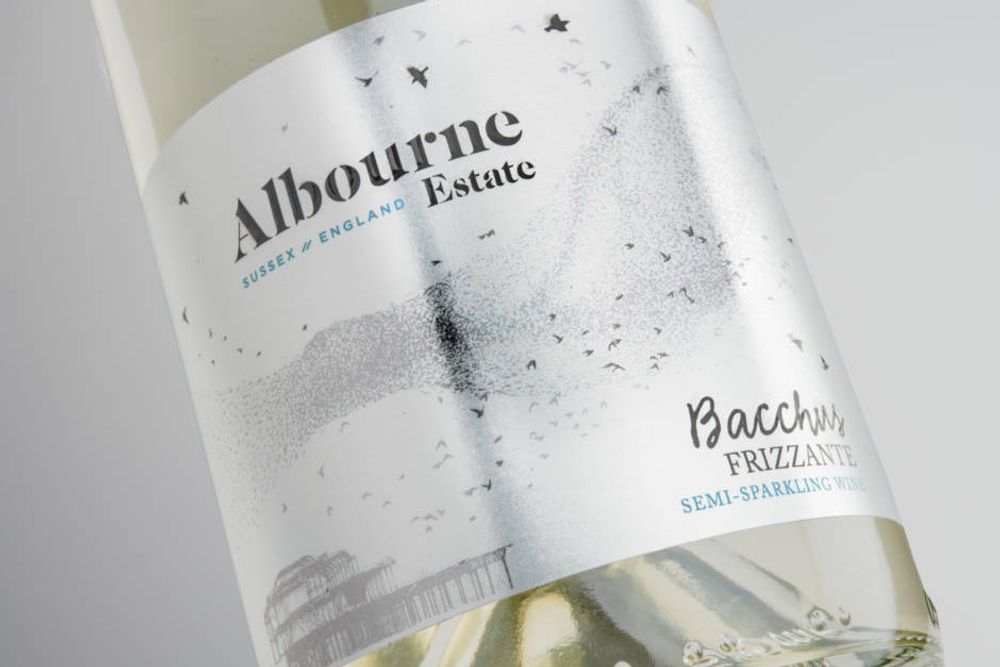
With England also being well-known for sparkling wines, combining the two seemed an obvious route – and other larger producers have also latched on. Following our launch we’ve seen sparkling Bacchus releases by both Chapel Down and Denbies.
However, we chose to go down the Frizzante route using Charmat and tank fermentation, which essentially means the wine is much lower in pressure (two bar, as opposed to the six bar of other sparkling wines) as a result of the low level of sugar we add for the second fermentation.
What does the lower pressure achieve?
The lower pressure produces a gentler and lighter effervescence in the mouth, which is hard to achieve with a higher pressure wine released young and with no on-lees ageing. We wanted to avoid timely on-lees ageing with this Frizzante and by doing so the freshness and aromatic characteristics of Bacchus shine through.
The lower pressure also means we can bottle it in a still wine bottle which reduces our costs and the duty paid allowing us to price it more competitively.
Where do you see it sitting in terms of price point? Above Prosecco/Cava and below classic English sparkling?
We’ve priced this 12.5% abv screw cap wine very competitively in line with our still wines which means it is about half the price of a bottle of traditional method English sparkling wine, at an RRP of £14.95 per bottle. This is cheaper than some Prosecco and more expensive than others!
We see the Bacchus Frizzante, a youthful, fruit driven wine, as appealing to people who enjoy Prosecco and want to try something different. It is very drinkable because of its lightness and is ideal as an aperitif, with cheese, olives, nuts and salami, or on its own.
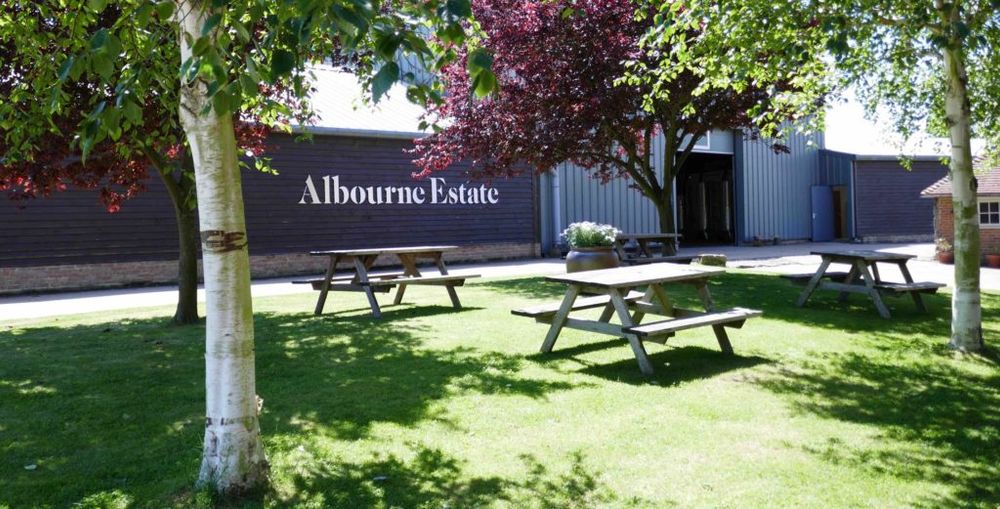
The Albourne Estate is renown for its willingness to try new styles
How are you going to promote it?
We have promoted it extensively via PR and social media. Being just 10 minutes from Brighton, we used a tattoo artist to come up with an illustration for the bottle of a murmuration of starlings over the iconic West Pier. This has engaged people and is a nod to the the wine’s spritz.
Who do you distribute through?
We sell it direct via our website and our cellar door openings.We also sell via a number of Sussex based distributors and independent retailers including South Downs Cellars, Sheridan Coopers and Hennings.
This is the second Italian-influenced product you have launched (after the 40 vermouth). Why do you like to introduce outside continental influences into English wine?
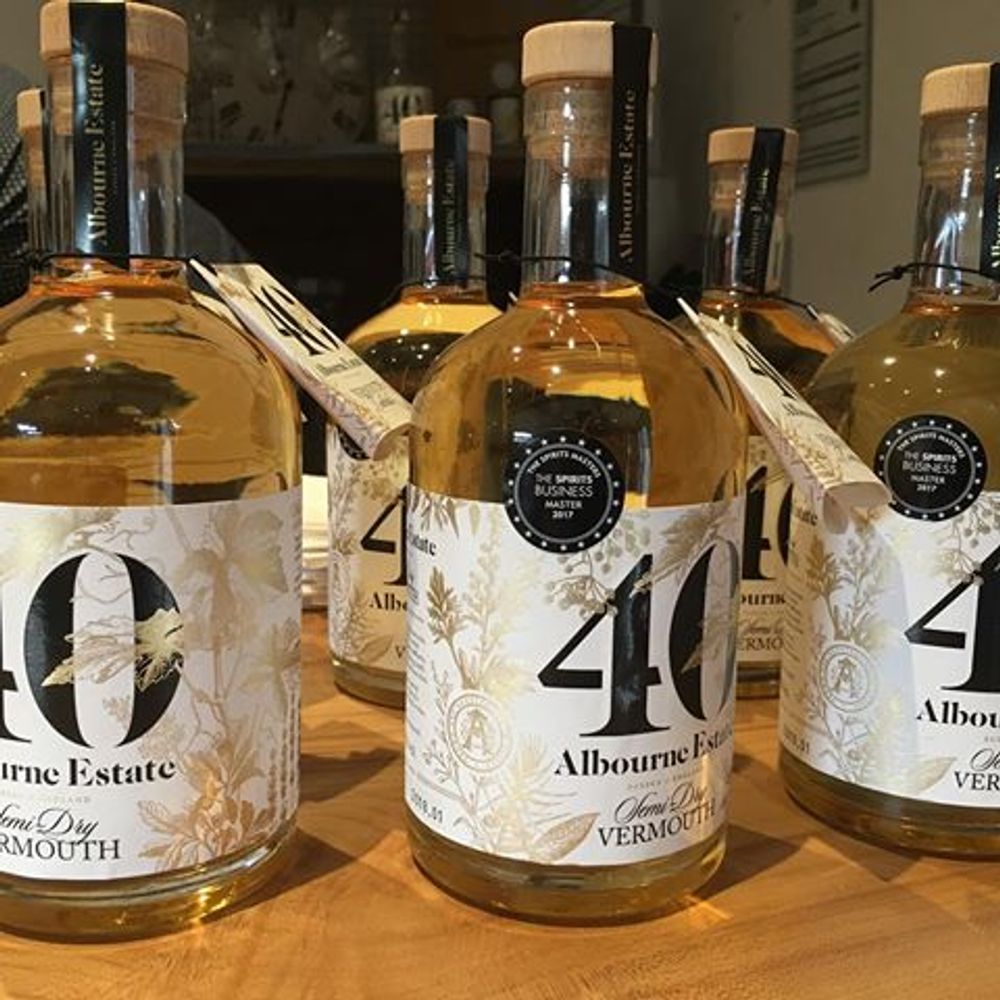
The vermouths that Albourne has also introduced recently
To be honest, I work with an Italian wine consultant – so this obviously has an impact! He has been making wine for quite a while so has many good ideas. In England we love Italian food styles from pasta to pizza… so why wouldn’t we love Italian wine styles?
What innovations have you have lined up next?
I don’t want to give too much away, but we are looking at our first red wine later this year and we are doing really interesting research into ways to significantly reduce the use of sulphites in wines.
What will the bumper, high end 2018 crop mean for English winemaking?
A lot of full tanks! I’m not sure it means anything more than a great year which helps us recover from 2017. It certainly will not be the norm in terms of yields and we’d be naïve to expect that.
How are things looking for the 2019 vintage?
Very good. Our vineyard escaped frost free and the recent hot and dry weather has been excellent for flowering. So, so far so good. But we can never tell until the grapes are picked as English summers can be so unpredictable and unreliable.
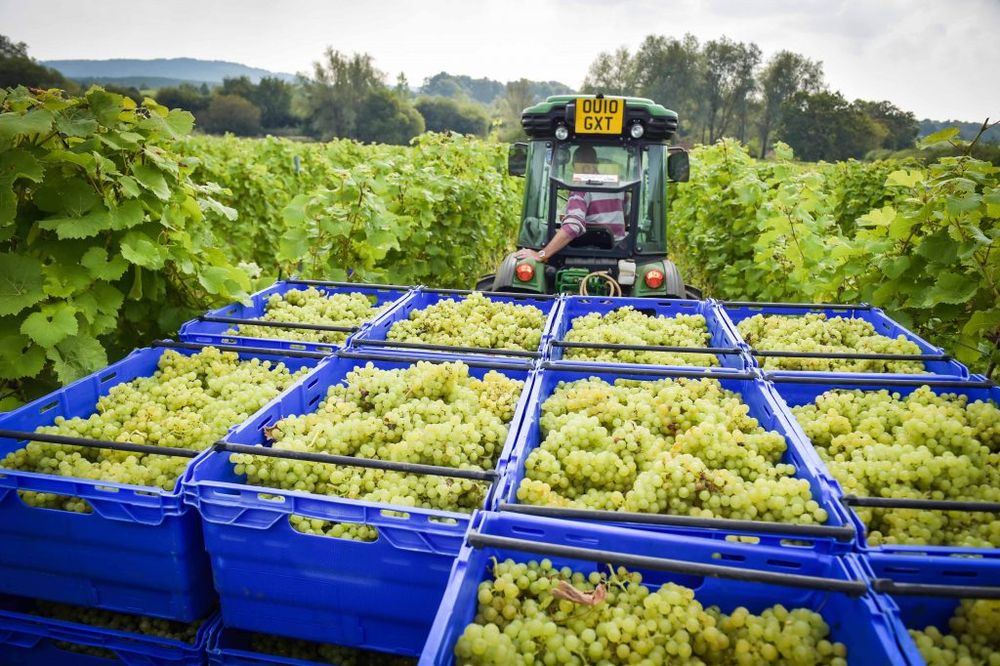
Albourne Estate enjoyed a bumper 2018 crop
How did the vineyard cope with such an abundance of grapes in 2018? What lessons have been learned in the event of another huge crop?
We were able to sell quite a lot of grapes to other larger wineries (which we’ve done in previous years as well). This helps us balance our intake. We did rent in extra tank space (a brewery tank for three months!) and we bought a lot of extra space in intermediate bulk containers (IBCs). Lessons? Be better prepared and get better at crop forecasting. This comes with experience.
What else have you being doing in the vineyards?
Last year we expanded our vineyard by a hectare to 12.6 hectares of planted vines. This expansion, an additional 5,000 vines, was all Bacchus.
As a high end producer have you considered expanding into organically grown grapes?
I’ve thought about it, but struggle with some aspects of organic production including the economics and that it requires more tractor movements in the vineyard. For us, a more economically sustainable route is ‘sustainable viticulture’ with a measured and considered use of any chemical additions.
We have drastically reduced our use of herbicides for example by moving nearly 100% to under-vine cultivation, and we use council compost to add nutrients to our vineyard soils and mulch our prunings which reduces the need for chemically based fertilisers.
Our winery is also 100% supplied by renewable energy – largely from our own solar panels on the roof.
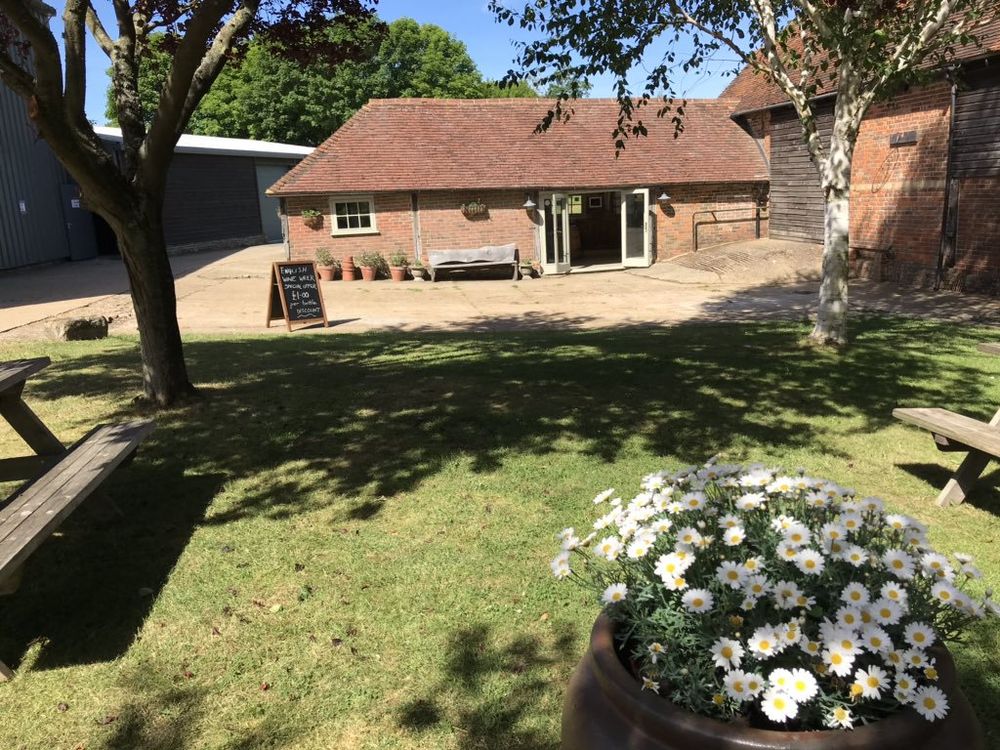
The beautiful surroundings of Albourne Estate
A lot of your sales are currently around Brighton. Is that why you have teamed up with Bibendum?
Yes, we are working for the first time this year with Bibendum. We hope that as a national distributor it will help us extend our reach to London and beyond.
What are your ambitions for the estate?
To become one of the most sought after and admired English wine producers. Definitely not to plant any more vines!We are small and specialist and exacting and I’d like to stay that way.
What challenges lie ahead for English wine producers such as yourself?
Dealing with vintage variations like from 2017 to 2018 and remaining financially sound and profitable whilst competition in the market increases rapidly.
Tell us something about your background and how you became involved in running your own vineyard.
Until 2002 I worked in marketing for Nestlé and then Heinz, spending some of that time working in Singapore which gave me the chance to visit vineyards in Australia and New Zealand and to be inspired to venture into wine production.
When I returned to the UK, pregnant with the second of my three children, I thought that this could be a rewarding career which would fit around my family. I embarked on a part-time viticulture and oenology degree at Plumpton College in East Sussex and gained experience at a couple of local vineyards.
I set about finding a vineyard near to our home in Hurstpierpoint in West Sussex. It took several years before we found the site which was a 120-acre arable farm at the time. We jumped at it and set about planting the vines at Albourne Estate in 2010 and it has been hard work ever since!
